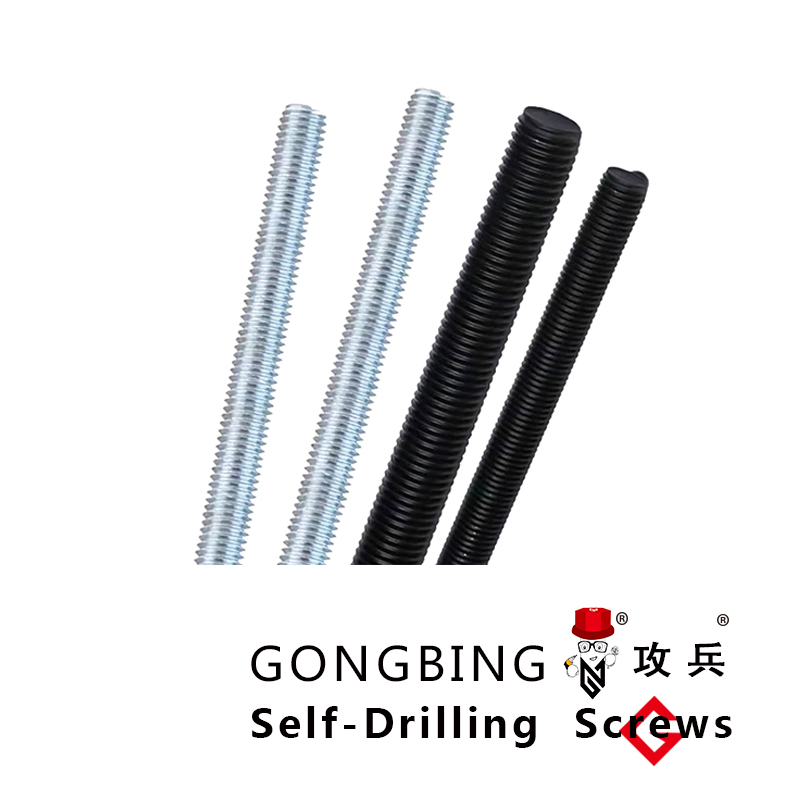m20 resin anchors
Understanding M20 Resin Anchors Enhancing Construction Reliability
In the realm of construction and structural engineering, the choice of anchoring systems is pivotal for ensuring stability and durability. Among various anchoring solutions, M20 resin anchors stand out due to their versatility, ease of use, and reliability in a wide range of applications. This article delves into the characteristics, applications, benefits, and installation process of M20 resin anchors, emphasizing their significance in modern construction practices.
What Are M20 Resin Anchors?
M20 resin anchors are a type of chemical anchoring system used to secure fixtures and components to concrete, brick, or masonry substrates. The “M20” designation refers to the metric size of the anchor, indicating a nominal diameter of 20 millimeters. The unique feature of resin anchors is the use of a synthetic resin as a bonding agent, which, when mixed with a hardening agent, cures to form a strong, cohesive bond with the base material. This effectiveness stems from the resin's ability to fill any voids and achieve strong adhesion even in less-than-ideal conditions.
Key Characteristics
1. High Load Capacity M20 resin anchors can handle substantial loads, making them suitable for both light and heavy-duty applications. Their design allows for the distribution of loads over a larger area, thus enhancing overall structural integrity.
2. Corrosion Resistance One of the standout features of resin anchors is their resistance to environmental factors. Unlike traditional metal anchors, which can corrode over time, resin anchors maintain their strength in adverse conditions, including moisture, chemicals, and varying temperatures.
3. Versatility M20 resin anchors can be used in various environments, including indoor and outdoor applications. They are ideal for anchoring structural elements, machinery, railings, and even tensile structures.
4. Non-expansive Unlike mechanical expansion anchors, resin anchors do not expand upon installation. This characteristic allows for precise placement and reduces the risk of damaging the surrounding substrate.
Applications
M20 resin anchors are employed in a myriad of construction scenarios, including
- Building Construction Used for securely attaching walls, ceilings, and structural supports. - Infrastructure Projects Ideal for setting up bridges, tunnels, and other critical infrastructure. - Industrial Settings Commonly used to anchor machinery and heavy equipment in industrial plants. - Renovations and Retrofitting Perfect for retrofitting existing structures where traditional anchoring might be challenged due to age or condition of materials.
Advantages of M20 Resin Anchors
m20 resin anchors

1. Enhanced Safety The reliability of resin anchors contributes to overall safety in constructions, minimizing the risks associated with anchor failure.
2. Efficiency in Installation The installation of resin anchors requires less time compared to traditional methods. The application process is straightforward, allowing for quicker project completion.
4. Compatibility with Various Materials M20 resin anchors are compatible with a range of building materials, making them a go-to choice for diverse applications.
Installation Process
The installation of M20 resin anchors generally follows these steps
1. Drilling the Hole A suitable drill bit is used to create a hole of the required diameter and depth in the base material.
2. Cleaning the Hole It is crucial to clean out dust and debris from the hole to ensure optimal bonding between the resin and substrate.
3. Mixing the Resin The resin and hardening agent are mixed according to the manufacturer’s instructions.
4. Distributing the Resin The mixed resin is poured into the hole, and the anchor is subsequently inserted.
5. Curing Allowing sufficient time for the resin to cure is critical before applying any load to the anchor.
In conclusion, M20 resin anchors are integral to modern construction, blending reliability, durability, and versatility. Their strength, resistance to environmental factors, and ease of installation render them suitable for a multitude of applications, thereby enhancing the overall safety and integrity of structures. As construction demands evolve, M20 resin anchors will continue to play a vital role in ensuring robust anchoring solutions.
-
Weatherproof Plastic Expansion Anchors for OutdoorNewsJun.06,2025
-
Sustainability in the Supply Chain: Eco-Friendly TEK Screws ProductionNewsJun.06,2025
-
Load-Bearing Capacity of External Insulation FixingsNewsJun.06,2025
-
Double Head Bolts: Enhancing Efficiency in Industrial MachineryNewsJun.06,2025
-
Corrosion Resistance in Chipboard Screws: Coatings for Wholesale DurabilityNewsJun.06,2025
-
Butterfly Toggle Bolts : Enhancing Structural ResilienceNewsJun.06,2025
